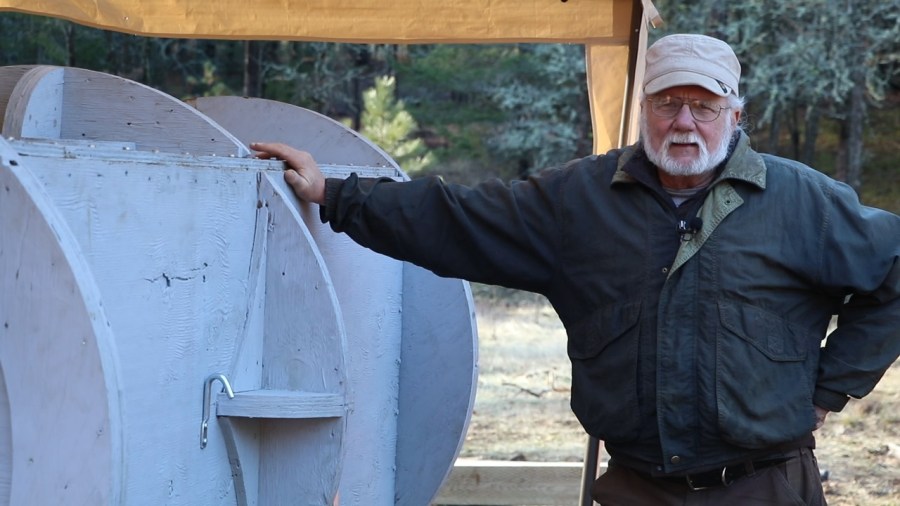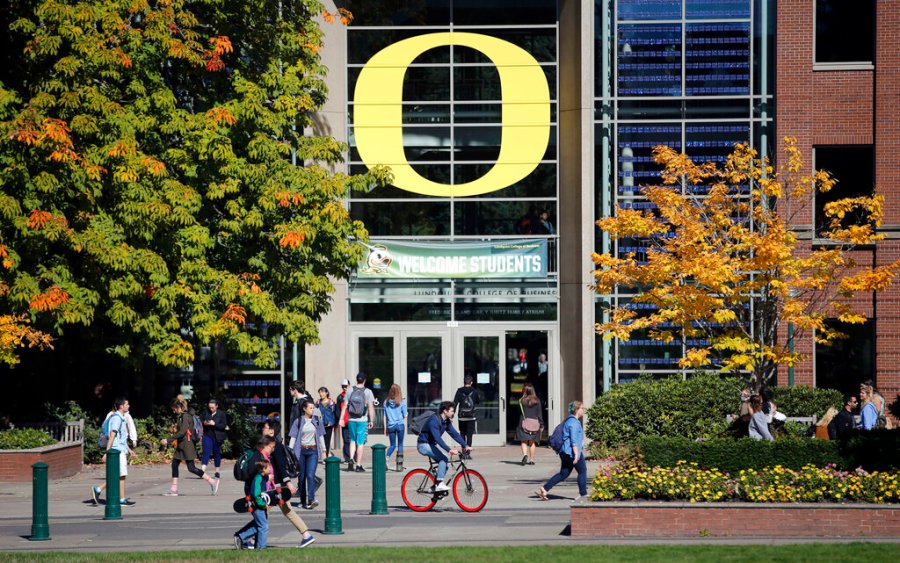PORTLAND, Ore. (KOIN) – With a new year comes new laws in Oregon. Legislators passed hundreds of new laws in the 2021 sessions and many of them will go into effect Jan. 1.
The state can expect to see new laws meant to prevent hiring discrimination, that allow human composting, and that require additional training for law enforcement.
Here’s a list of 20 going into effect the first day of 2022:
License required for tobacco retailers
SB 587 – Tobacco and e-cigarette retailers will be required to get a license from the Oregon Department of Revenue to sell their products in 2022. The state says this is meant to encourage retailers to enforce ordinances and rules. The Oregon Health Authority told KOIN’s news partner Pamplin Media that this should help prevent the sale of tobacco products to minors.
No driver’s license, no problem
SB 569 – Employers can no longer require employees or prospective employees to have a driver’s license as a condition of employment, unless the ability to legally drive is an essential part of the job.
The CROWN Act
HB 2935 – Known as “The CROWN Act,” HB 2935 prohibits public schools and employers from discriminating against people for their hairstyle when it is associated with their race. The law says this includes but is not limited to braids, adornments, locs and twists, natural hair, hair texture and hair type. CROWN stands for creating a respectful and open world for natural hair.

Human Composting
HB 2574 – Oregon will now allow natural organic reduction, or what some refer to as human composting. This means, after a person dies, their body can be turned into soil. The law also clarifies rules surrounding alkaline hydrolysis, known as aqua cremation.
Preventing election misinformation
HB 2323 – Oregon is hoping HB 2323 will prevent the spread of misinformation about elections. The law prohibits anyone from making false statements about the date of an election, deadlines for delivering ballots, voter registration deadlines, methods of registering to vote, ballot drop-off locations, the qualifications a person must meet to be eligible to vote or an elector’s voter registration status within 30 days of a primary or special election or 60 days of a general election. Anyone who violates the law could face a civil penalty of up to $10,000.

Remote meetings will continue
HB 2560 – Starting in 2022, public governing bodies must make all meetings accessible remotely through technological means, to the best extent that is reasonably possible. They must also provide the opportunity for members of the general public to remotely submit oral and written testimony.
A background checklist for police
HB 2936 – The Department of Public Safety Standards must create a uniform background checklist and standardized personal history questionnaire that law enforcement agencies can use when hiring public safety officers. It also directs law enforcement agencies to set standards for speech and expression for officers and people who work in law enforcement can no longer stop their bosses from accessing their personal social media accounts.
Police must understand airway anatomy
HB 2513 – Starting in 2022, law enforcement officers are required to receive at least three hours of training in airway and circulatory anatomy and physiology and must receive CPR certifications.
HOA’s can’t make you spray for bugs
HB 2409 – In 2022, homeowners associations will have a little less power. A new law makes it illegal for them to require the application of pesticides on homeowners’ properties, unless it’s deemed necessary for ecological or public health.
Tracking Use-of-force
HB 2932 – Oregon law enforcement agencies must participate in National Use-of-Force Data Collection operated by the FBI.
That will be how much?

HB 2542 – Public universities and community colleges in Oregon will now be required to prominently display descriptions of all mandatory fees they charge students. All fees must be published on the universities’ or colleges’ websites before the term when students will be charged the fees. They must also explain the purpose of the fees and how the money will be used.
Bagging booking photos
HB 3273 – Law enforcement agencies will no longer be allowed to release booking photos to the public, except in specific incidents, like when they’re searching for a suspect in an investigation. Agencies can still release booking photos to the people depicted in the photos, other law enforcement agencies, to the victim of the offense, and to a state mental hospital.
RV law changes after natural disasters
HB 2809 – Oregonians will be allowed to park RVs on properties for up to 2 years if the house or manufactured home that was on the property is uninhabitable as a result of a natural disaster. The 2 years starts the day the home became uninhabitable.
Investigating crimes based on gender
HB 2986 – Law enforcement officers in Oregon will now be trained on how to investigate crimes motivated by prejudice based on gender.
Arab American Heritage Month
HB 2914 – Starting in 2022, April of each year in Oregon will be designated as Arab American Heritage Month. The month recognizes that for more than a century, Arab American have been making valuable contributions to virtually every aspect of American society.
Organ donation education
HB 2474 – Oregon school districts must begin preparing how to teach students between grades nine and 12 about organ and tissue donation. Districts must begin offering the adopted instruction no later than the 2025-2026 school year.

Arrests not required at unlawful assemblies
HB 3059 – At gatherings determined to be unlawful assemblies, law enforcement agencies are no longer required to command the crowd to disperse. Going among the crowd and asking them to disperse is now optional. Officers are also not required to make arrests for anyone committing illegal activity, however they still have the option to.
Keeping track of disciplined officers
HB 3145 – Oregon law enforcement agencies that discipline a police officer must report the discipline to the Department of Public Safety Standards and Training. The report must include the name and rank of the officer who was disciplined, the name of the law enforcement unit, and a description of why the officer was disciplined.
No more selling catalytic converters
SB 803 – Scrap metal businesses will no longer be allowed to purchase or receive catalytic converters or catalytic converter components, unless they come from a commercial seller or the owner of a vehicle who removed its catalytic converter. Violators could face civil penalties up to $1,000.
Nurses can talk about medical marijuana
HB 3369 – Licensed nurses in Oregon will now be allowed to discuss the medical use of marijuana with patients. Nurses and other medical providers will no longer be at risk of facing a civil penalty for discussing the risks and benefits of the medical use of marijuana for debilitating medical conditions.
